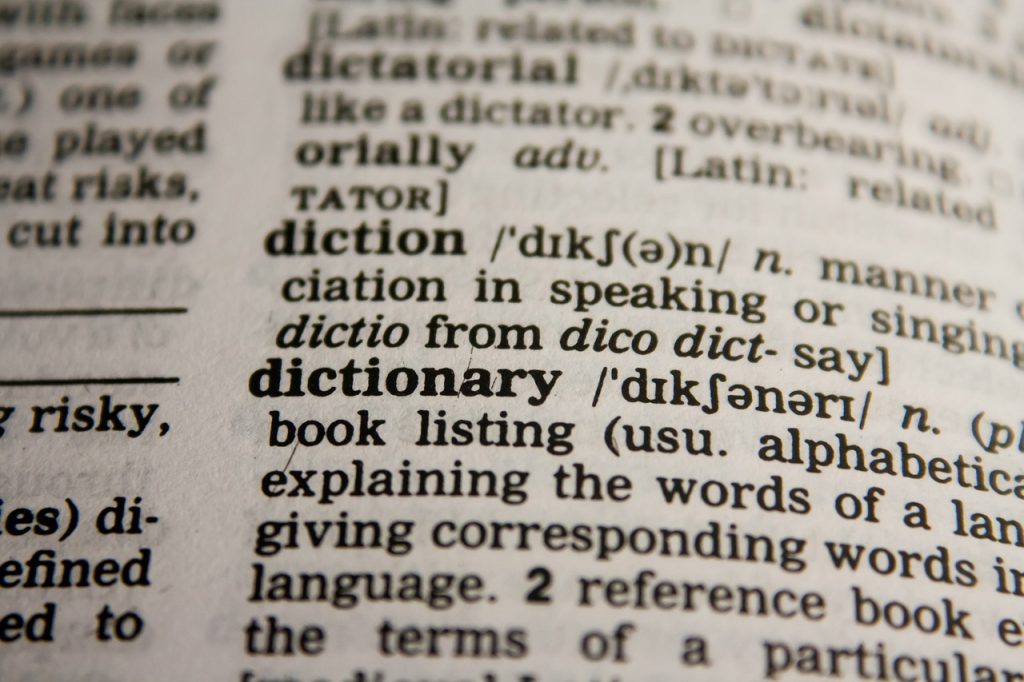Known, that changing the form of a noun does not change the form of a possessive adjective. For example, sports club and sports clubs – the adjective remains unchanged. However, many, Maybe, noticed, what can be found in the texts as the use of Lietuvos, so are Lithuanians. What is the difference and how to understand, which option when should I use it??
Why do we see Lietuvos instorija, but in Lithuanian? It's all about word formation:
Lithuanian \( \leftarrow \) Lithuania. That is, a literal translation “History of Lithuania” – history of Lithuania.
Lithuanian \( \leftarrow \) Lithuanians \( \leftarrow \) Lithuanian \( \leftarrow \) Lithuania.
The first one seems to indicate belonging to Lithuania, when the second one shows nationality, belonging to a nation.
Therefore all adjectives, denoting nationality, will have the Genitive case form, plural. For example, in English, Belarusian language.


